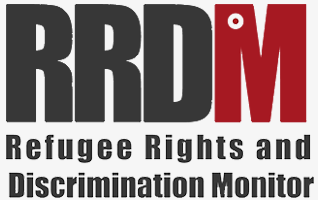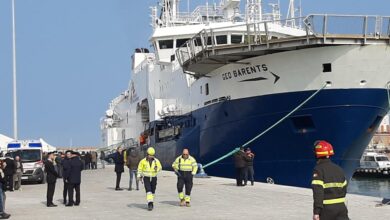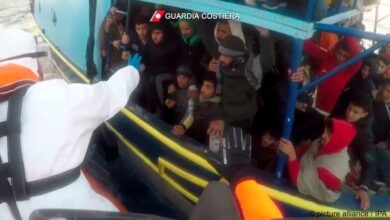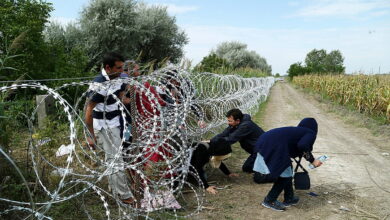EU: Holding people at unofficial detention sites an ‘intentional tactic’ to avoid scrutiny
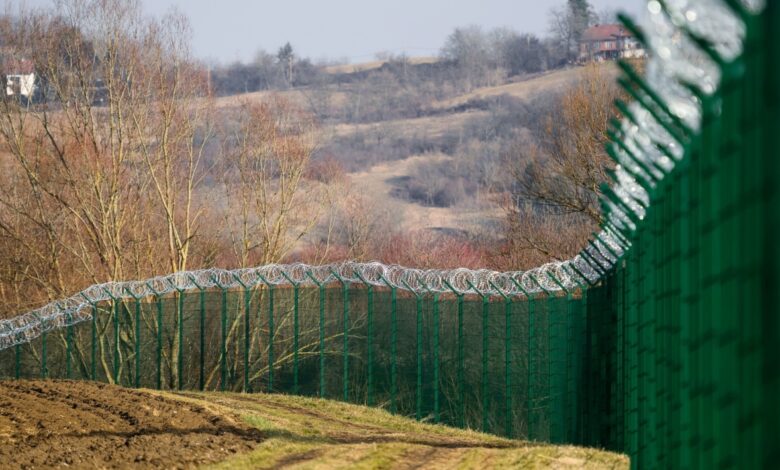
BY|Amnesty.org
Reacting to a report by Lighthouse Reports, a collaborative journalism NGO, on people being detained at unofficial detention sites on the borders of Bulgaria, Hungary and Croatia, Jelena Sesar, Amnesty International’s Western Balkans Researcher, said:
“Lighthouse Reports’ findings that authorities in Europe are intentionally detaining people in unofficial detention sites confirms a disturbing trend which Amnesty International has previously witnessed at numerous EU borders. People are often held in tents, containers and police vans, usually off-grid in isolated forests or others inaccessible areas, in a deliberate attempt to keep them near the EU’s external borders. This intentional tactic allows the authorities to quickly perform illegal pushbacks, ignore their asylum claims and commit other abuses.
“Amnesty International has documented numerous cases of people being forced to spend anywhere between several hours and several days in unofficial detention sites on EU borders, including recently in Greece, Croatia, Poland and Latvia. The authorities are intentionally operating sites outside of formal systems of detention or accommodation to avoid scrutiny. Today’s announcement that Croatia is joining the Schengen area shows that the EU condones, and even rewards these illegal practices, and is willing to sacrifice human rights to prevent people from entering the EU.
“Governments either refuse to admit that these sites exist, or they cynically label them as ‘temporary’, ‘informal’ facilities, or even humanitarian posts, to avoid their responsibilities. Under international and EU law, governments are obliged to ensure the basic rights of people deprived of their liberty by allowing communication with friends and family and permitting access to lawyers and healthcare. The governments operating these unofficial detention sites are clearly violating international law.Jelena Sesar
“The detention of migrants and refugees should be used as a measure of last resort and only when absolutely necessary. People seeking asylum should be protected from refoulement, allowed to enter territories, and given the opportunity to file an asylum request.”
Background
Amnesty International has documented numerous cases of migrants being apprehended by Croatian police before being transported more than 200 kilometres in extremely poor conditions, often in overcrowded, poorly ventilated police vans while handcuffed.
In 2021, the European Committee for the Prevention of Torture (CPT), said the manner and conditions in which migrants and refugees were being transported and detained in police vans for extended periods might in some cases amount to ill-treatment.
